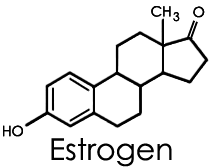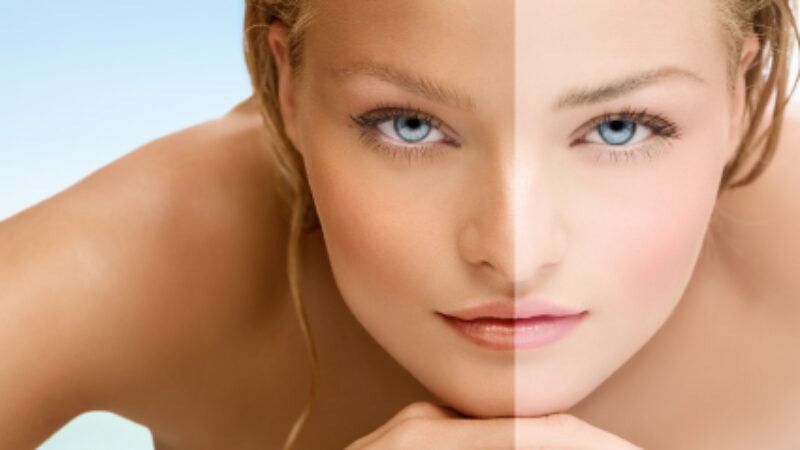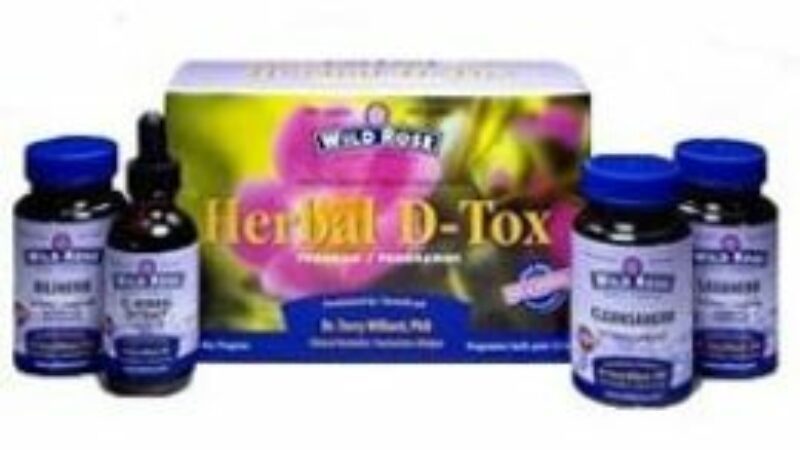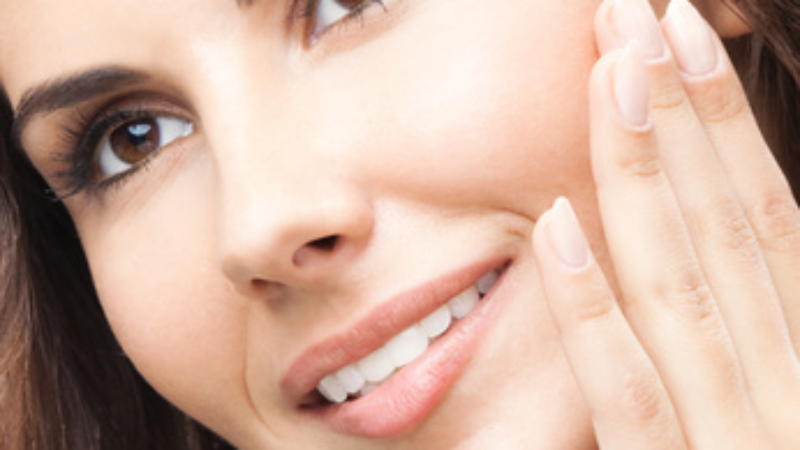It’s well known that the hormone estrogen is essential to a woman’s wellbeing. In addition to helping to maintain cardiovascular and bone health, estrogen plays an important role in maintaining healthy skin. Estrogen receptors are located throughout the body, including the face, where it helps to maintain skin’s thickness and ability to retain moisture.
As women age, the production of estrogen declines. Women who have been prescribed estrogen to help them cope with the symptoms of perimenopause may notice that the condition of their skin also improves, especially if it is dry or thin. In recent years, through results of studies like the Women’s Health Initiative, we’ve learned that despite estrogen’s benefits, there are also some downsides associated with its use.
What Is Estrogen Therapy?
Estrogen is a hormone available by prescription only. The main reason a woman might be prescribed estrogen is to help relieve symptoms associated with perimenopause. In addition, estrogen might be prescribed for women who have undergone a hysterectomy. By raising estrogen levels in a woman’s body, the severity of perimenopausal symptoms can be reduced in some women. The body’s natural decline in estrogen production can lead to thinning skin; supplementing with estrogen can help. However, because of the side effects associated with estrogen, it is not a viable solution.
Side Effects And Risks Associated with Estrogen
When the use of estrogen was first advocated for helping to reduce perimenopausal symptoms, we didn’t have much information about the potential for side effects. Now that we’ve gained experience with using estrogen clinically, there is considerable evidence demonstrating its long term implications. Among them are a notable increase in the risk of developing breast cancer and heart disease. Other health risks include higher susceptibility to blood clots and strokes.
Besides the long term health risks, estrogen is not well tolerated by many women. Nausea, headaches and water retention are amongst some of the side effects experienced. And other women have reported breast soreness, bloating and mood swings.
Is Estrogen a Good Solution?
For some women, estrogen can ease the transition to menopause. However, it isn’t necessarily the only answer – studies have shown that diet, exercise, stress management as well as the use of the hormone progesterone, may also help to alleviate symptoms. The decision to supplement with hormones should not be made lightly and is one that a woman should make in conjunction with a qualified health care professional. Not everyone is a suitable candidate for estrogen therapy, particularly if you have a family history of breast cancer. Given the potential for side effects and long term health implications it would be irresponsible to suggest using estrogen for cosmetic purposes.
Thinning skin is associated with aging. Implementing a preventative strategy in maintaining the health of your skin can help to reduce some of the symptoms that occur with age. The daily use of a well formulated sunscreen such as Anthelios with a minimum of SPF 30 daily can help to protect collagen breakdown associated with sun exposure. As well, a diet high in fresh fruits and vegetables provides antioxidants plus vitamins and minerals to build a strong foundation for great skin.




